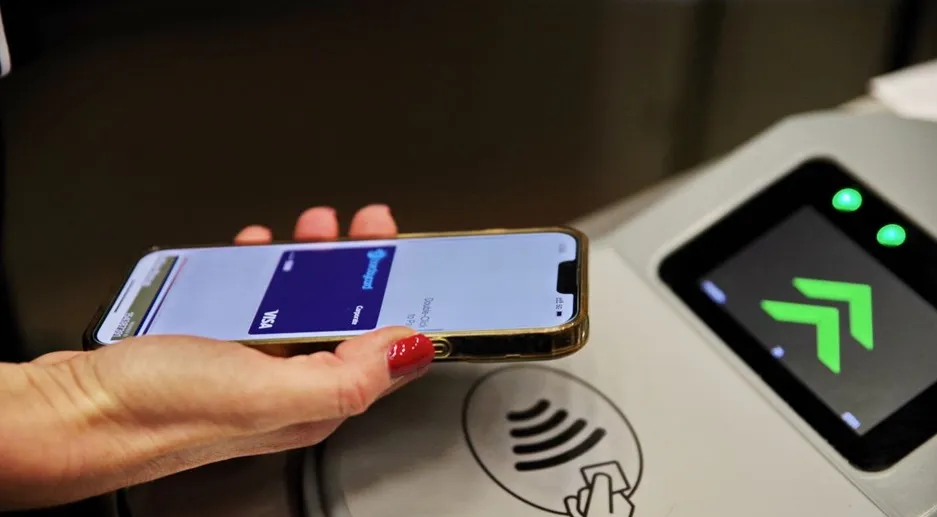
Riders on public transport in Athens, Greece, can now make contactless payments for their journey.
The new 'Tap2ride' service on Athens Urban Transport Organisation (Oasa) covers buses, trolleybuses, metro and trams - it has been available since April 2024 on Athens' airport express bus lines.
Oasa has worked with Hellas Smart Ticket, LG CNS, Visa and NBG Pay to develop contactless on the Greek capital's urban transport network.
Customers will still be able to use an Ath.Ena ticket or Ath.Ena card but will now be able to swipe their bank card (debit, credit or pre-paid) or smart device over on-board validators as well.
Daily maximum charge is equal to the cost of a daily ticket - €4.10 - regardless of the number of journeys taken.
Travel to and from the airport costs €5.50 by bus and €9 via the metro.
Christos Staikouras, minister of infrastructure and transport, says: "The payment of fares via bank card in urban transport is one of the 10 priorities we set in the government's programme statements."
The government believes that contactless payment facilitates travel, as passengers do not have to look for ticket machines or kiosks, or wait in queues - and, perhaps most importantly, they don't need to know what ticket to get: they simply tap their card.
Upgrading urban transport improves the passenger experience and contributes to the development of smart cities, Oasa suggests, promoting smart mobility and helping citizens and visitors to move around Athens, thus increasing the revenue of transport operators.






